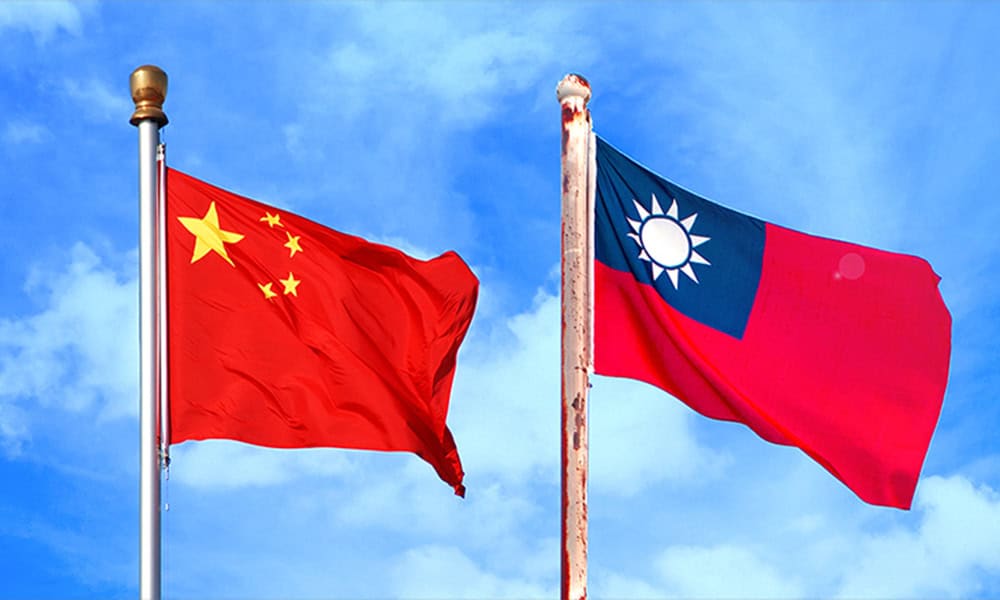The details behind the sale of $300 million in state bonds to China were revealed this week after the nation’s highest court ruled against government attempts to keep them secret. Acting President Laura Chinchilla said, “From now on, nothing will be kept from the press,” according to a report in the daily La Nación Thursday under the front-page headline “Government Lied to Country.”
Responding to a court order from the Constitutional Chamber of the Supreme Court (Sala IV), Costa Rican Finance Minister Guillermo Zúñiga released details and documents last week. China bought $150 million in Costa Rican bonds Jan. 23, to be repaid over 12 years at 2 percent interest, Zúñiga said. China is set to buy another $150 million in bonds next year.
By borrowing at such a low interest rate, Costa Rica saves ¢50 billion ($90.9 million) over 12 years, Zúñiga said. China made its first deposit of $150 million in January, and the Finance Ministry made its first interest payment of $1.5 million in July, La Nación reported.
For months, the press and opposition politicians have criticized the President Oscar Arias administration for keeping the bonds sale secret. The Sala IV ruling came in response to a legal challenge by La Nación after the administration refused to reveal the details of the transaction.
According to La Nación, longtime Tico ally Taiwan accused China of “buying relations” with Costa Rica in June 2007 after a $430 million aid package agreement, a charge Zúñiga denied. Other details have further infuriated opposition leaders. The bond purchase is being overseen by the local bank Banco BCT, founded by the Costa Rican ambassador to China, Antonio Burgués, who is also a shareholder and member of the bank’s board of directors.
While Zúñiga called the link a “coincidence,” the opposition Citizen Action Party (PAC) called for Burgués to step down. “Once again, a government official has used his post for personal benefit,” PAC lawmaker Francisco Molina said. However, Banco BCT is the only Costa Rican firm that could have carried out the transaction, as it is the only bank in Costa Rica accredited with the Bank of New York, which is the accredited custodian for Chinese financial affairs. Bank of New York does not have a presence in Costa Rica.
Burgués has insisted he had nothing to do with the negotiations of the bonds, or the decision to use the BCT as a sub-custodian. According to La Nación, Burgués warned both the Chinese and the Costa Rican governments in September 2007 that keeping the terms and sale of the bonds secret would be illegal in Costa Rica.
Despite the warning, the Foreign Ministry agreed in January to the secrecy, which had been requested by the Chinese. The details of the sale would not be made public, nor would the name of the Chinese office that purchased them, the State Administration of Foreign Exchange (SAFE).
The political heat has now fallen on Alfredo Ortuño, director of the Central American Bank for Economic Integration for Costa Rica, who was with the Costa Rican delegation when it negotiated the sale of the bonds in Beijing last year.
When asked by La Nación at an impromptu press conference at the Legislative Assembly this week why a representative of BCIE, a bank that has Taiwan, a sworn enemy of China, as a client, was present at a negotiation between the Costa Rican and Chinese governments, Ortuño declined to answer.
The Libertarian Movement party has called for Ortuño’s resignation after he has been linked to a series of questionable financial deals, including the funneling of a $2 million BCIE donation into a government trust fund to avoid bureaucratic controls, and the transfer of a $1.5 million donation from Taiwan that was supposed to go to housing for the poor but was largely spent on advisers.
Former Housing Minister Fernando Zumbado was forced to resign after the latter scandal broke and it was revealed some of the money went to a company he had founded before becoming minister. The Comptroller General’s Office filed criminal charges against Zumbado on Sept. 2, saying the former minister set up a trust fund to “hide the true nature of the finds received by the Housing Ministry,” according to La Nación.






